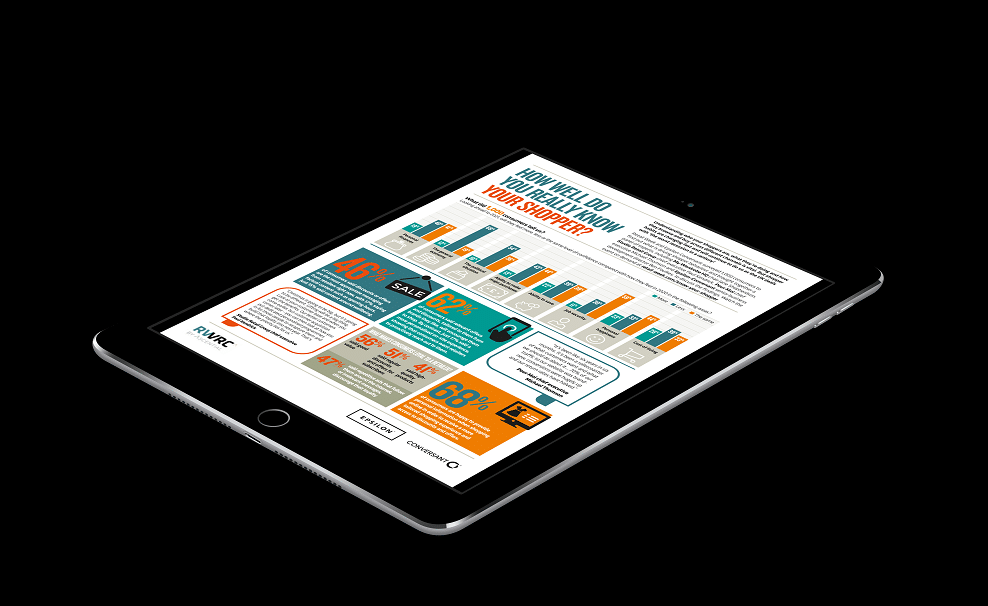
The study from Epsilon–Conversant, also revealed that this lack of economic confidence will also affect consumers’ willingness to shop and make big purchases. Only 13% feel confident that they’ll be able to make big purchases in 2021, whilst almost half (43%) have less confidence they will be able to. As a result, there will be even more pressure on retailers and brands to offer consumers what they are looking for to make that purchase and keep coming back for more – and according to the study, what consumers want are discounts and personalised offers.
Additional key findings from the research include:
- Almost a third (31%) of consumers are less confident about the security of their job in 2021
- Offering relevant and tailored discounts is the most important factor for encouraging consumers to shop at a specific retailer – 62% of consumers
- Offering regular, personalised discounts will also encourage consumers to continue shopping with the same brand or retailer – 51% of consumers
This low economic confidence will impact consumers’ ability to make major purchases next year. Only 13% feel confident that they’ll be able to make big purchases, whilst almost half (43%) have less confidence they will be able to. This is further compounded by lower confidence in job security – around a third (31%) are less confident about the security of their job in 2021 and 58% have the same level of confidence about their job next year as they do now. Only one in ten have more confidence in job security.
“Marketers and retailers have already been feeling the impact of the coronavirus pandemic, having to make big changes to adapt to completely new needs and unforeseen and unknown circumstances,” commented Elliott Clayton, SVP, Epsilon–Conversant. “The bad news: this is set to continue into 2021. But the good news? There are still means and ways for marketers to generate healthy return, make their brand stand out and generally succeed in this adverse environment.”
The research revealed consumers’ preference for being marketed to during this period of low confidence. Most notably, consumers want brands to prioritise offering discounts and special offers – around half (46%) of consumers believe this is the most important and effective way for marketers to be engaging with them right now. They do not, though, want product-focused content – less than one in ten (7%) consider this appropriate currently.
Consumers also stated they do not wish to receive any old offer. The research highlighted the need for messaging and ads to be personalised and tailored for individual consumers. It was revealed that offering relevant and tailored discounts is the most important factor for encouraging consumers to shop at a specific retailer (62%). Continuing to provide tailored discounts and offers is also important for holding on to customers, with more than half (51%) of consumers stating that they will likely remain loyal to a particular retailer if it offers regular, relevant offers and discounts.
“There’s no denying that the end of this year and moving into the next will be tricky for brands, but armed with the insights this research reveals brands can take action to satisfy consumers’ preferences and maximise return on investment in marketing activities,” continued Clayton. “Right now, consumers are more open to those brands that are sympathetic of the situation and respond to the difficulties consumers may be facing, by engaging with them in a personalised, one-to-one manner. It’s vital to not only offer ways to save on items and services but on the ones that really matter and are important to them – that means having two-way conversations and creating real connections with customers and prospects.”
